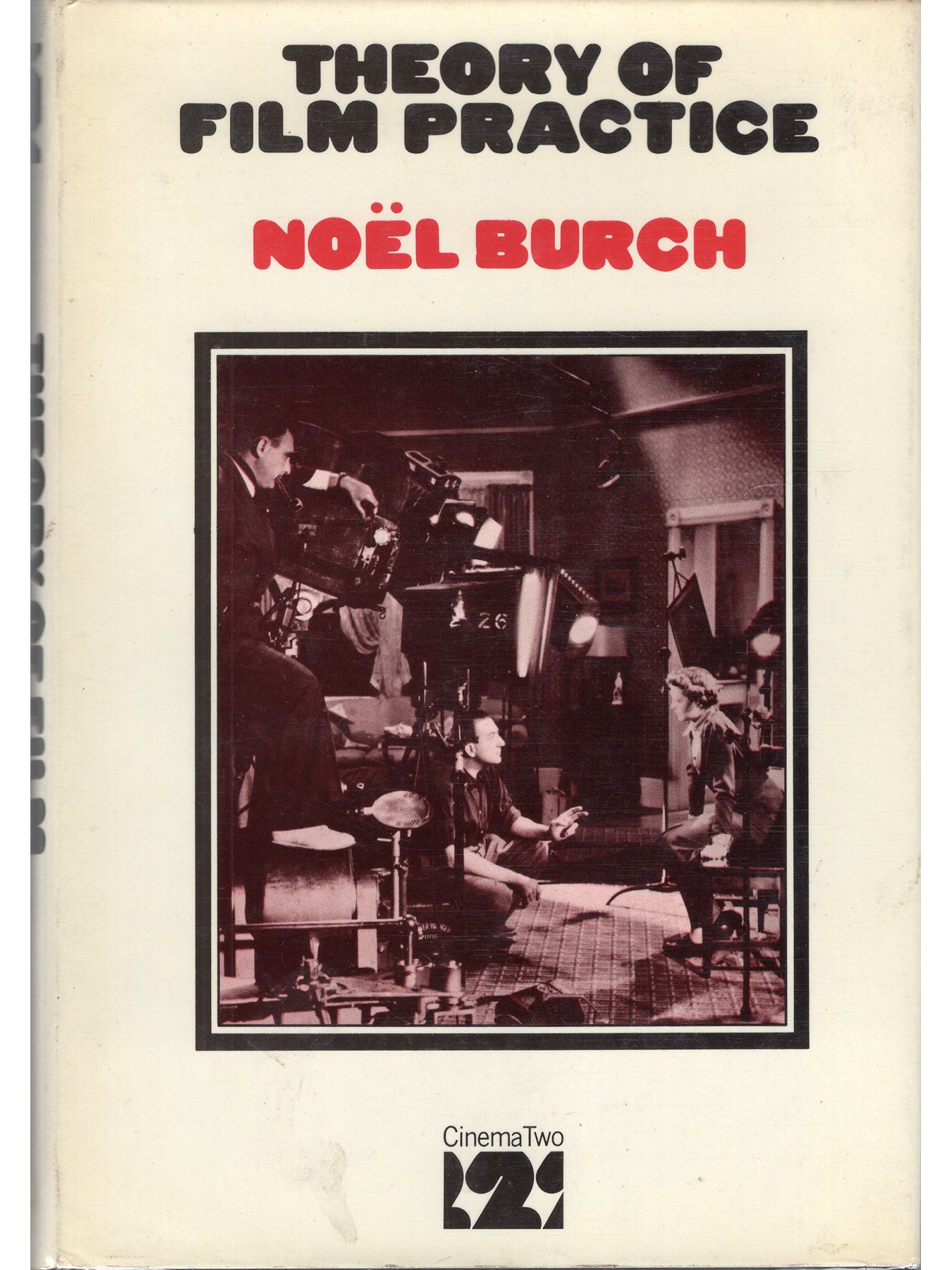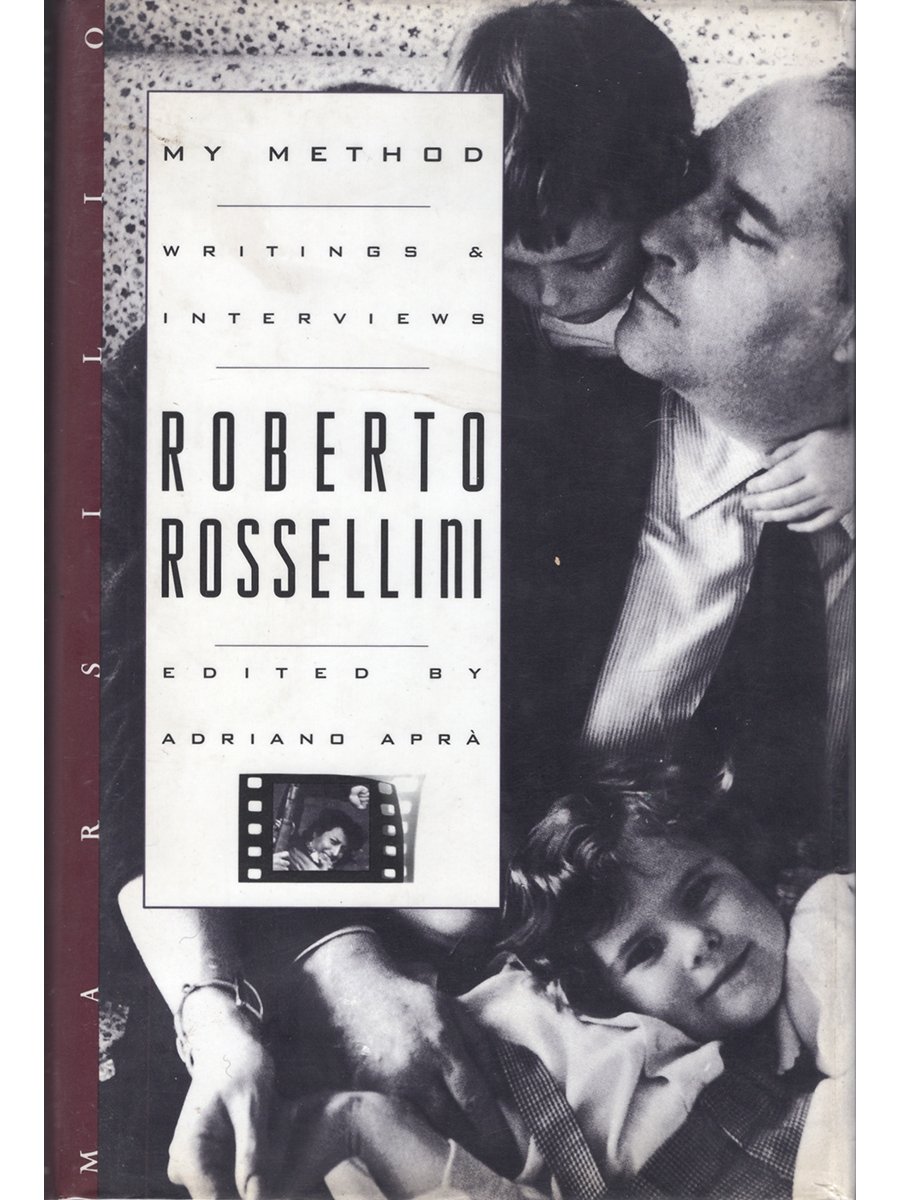Two Cheers for Hollywood by Joseph McBride (Softcover First Edition)
Published by Hightower Press, 2017
Softcover
First Printing
695 pages
10x7 inches
Near Fine condition.
Joseph McBride has been writing about films for fifty years. His career as a critic and historian has included acclaimed biographies of Frank Capra, Steven Spielberg, and John Ford, and three books about Orson Welles. McBride’s extensive journalistic work, the best of which is collected in Two Cheers for Hollywood: Joseph McBride on Movies, includes interviews with directors; profiles of screenwriters; features on stars and craftspeople; accounts of visiting sets; and essays on some of his favorite films. Among the filmmakers he covers in Two Cheers for Hollywood are Billy Wilder, Alfred Hitchcock, George Cukor, John Huston, George Stevens, François Truffaut, Jean-Luc Godard, Richard Lester, Joe Dante, Hal Ashby, Elia Kazan, Robert Riskin, Abraham Polonsky, Michael Wilson, Marguerite Roberts, John Wayne, James Stewart, Peter O’Toole, and Katharine Hepburn. Two Cheers for Hollywood is a rich, insightful, often amusing chronicle of McBride’s decades of covering the American film industry and observing its decline from the challenging films of the 1960s to the juvenilia of today. It demonstrates why McBride has helped set the standard for the field of film scholarship. As the late novelist Thomas Flanagan wrote in The New York Review of Books, McBride “deploys his wide knowledge of American social and film history with tact, wit, and imagination.”
Published by Hightower Press, 2017
Softcover
First Printing
695 pages
10x7 inches
Near Fine condition.
Joseph McBride has been writing about films for fifty years. His career as a critic and historian has included acclaimed biographies of Frank Capra, Steven Spielberg, and John Ford, and three books about Orson Welles. McBride’s extensive journalistic work, the best of which is collected in Two Cheers for Hollywood: Joseph McBride on Movies, includes interviews with directors; profiles of screenwriters; features on stars and craftspeople; accounts of visiting sets; and essays on some of his favorite films. Among the filmmakers he covers in Two Cheers for Hollywood are Billy Wilder, Alfred Hitchcock, George Cukor, John Huston, George Stevens, François Truffaut, Jean-Luc Godard, Richard Lester, Joe Dante, Hal Ashby, Elia Kazan, Robert Riskin, Abraham Polonsky, Michael Wilson, Marguerite Roberts, John Wayne, James Stewart, Peter O’Toole, and Katharine Hepburn. Two Cheers for Hollywood is a rich, insightful, often amusing chronicle of McBride’s decades of covering the American film industry and observing its decline from the challenging films of the 1960s to the juvenilia of today. It demonstrates why McBride has helped set the standard for the field of film scholarship. As the late novelist Thomas Flanagan wrote in The New York Review of Books, McBride “deploys his wide knowledge of American social and film history with tact, wit, and imagination.”
Published by Hightower Press, 2017
Softcover
First Printing
695 pages
10x7 inches
Near Fine condition.
Joseph McBride has been writing about films for fifty years. His career as a critic and historian has included acclaimed biographies of Frank Capra, Steven Spielberg, and John Ford, and three books about Orson Welles. McBride’s extensive journalistic work, the best of which is collected in Two Cheers for Hollywood: Joseph McBride on Movies, includes interviews with directors; profiles of screenwriters; features on stars and craftspeople; accounts of visiting sets; and essays on some of his favorite films. Among the filmmakers he covers in Two Cheers for Hollywood are Billy Wilder, Alfred Hitchcock, George Cukor, John Huston, George Stevens, François Truffaut, Jean-Luc Godard, Richard Lester, Joe Dante, Hal Ashby, Elia Kazan, Robert Riskin, Abraham Polonsky, Michael Wilson, Marguerite Roberts, John Wayne, James Stewart, Peter O’Toole, and Katharine Hepburn. Two Cheers for Hollywood is a rich, insightful, often amusing chronicle of McBride’s decades of covering the American film industry and observing its decline from the challenging films of the 1960s to the juvenilia of today. It demonstrates why McBride has helped set the standard for the field of film scholarship. As the late novelist Thomas Flanagan wrote in The New York Review of Books, McBride “deploys his wide knowledge of American social and film history with tact, wit, and imagination.”






